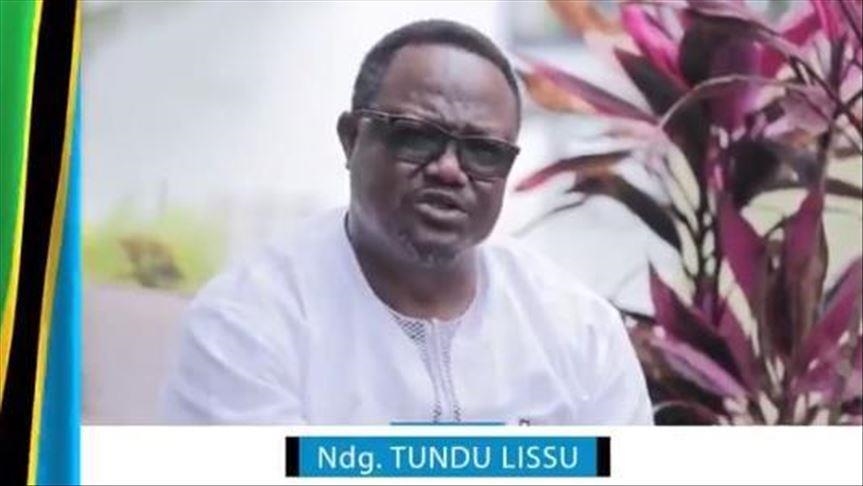Tanzania arrests prominent opposition politician amid crackdown ahead of elections
Police have not offered an official explanation for Tundu Lissu’s arrest
 File Photo - Source: A screencap from a video at the official X account of Tundu Lissu
File Photo - Source: A screencap from a video at the official X account of Tundu Lissu
DAR ES SALAAM, Tanzania
Prominent Tanzanian opposition leader Tundu Lissu was arrested Wednesday after addressing a political rally, said his Chadema party, sparking fears of renewed political repression ahead of general elections later this year.
Lissu, a vocal critic of President Samia Suluhu Hassan’s administration, was reportedly taken into custody along with several senior members of his entourage in Mbinga in the Ruvuma Region of southern Tanzania.
Police are said to have fired teargas to disperse the crowd that had gathered to hear him speak under the party’s ongoing campaign banner “No Reforms, No Election,” which demands sweeping changes to the electoral process.
“The arrest of our deputy chairman is a clear attempt to silence opposition voices ahead of the polls,” said Brenda Rupia, the party's director of communications.
“We are being targeted, harassed and brutalized simply for exercising our constitutional rights.”
Lissu, a seasoned lawyer and former presidential candidate, has been leading a series of rallies across the country pushing for reforms to ensure free and fair elections. He previously survived an assassination attempt in 2017 when gunmen sprayed his car with bullets, leaving him with multiple injuries.
The latest arrest is part of a troubling trend, critics say. In recent months, several Chadema officials have suffered violent attacks. In October 2024, Aisha Machano, a senior party official, was abducted and seriously injured while on official duties. A month earlier, Ali Kibao, another regional leader, was abducted and found murdered.
“These are not isolated incidents,” Rupia said. “This is a coordinated campaign to intimidate opposition leaders, restrict political freedoms and undermine democracy.”
President Samia, who took office in 2021 following the death of President John Magufuli, initially pledged to open up political space and usher in reconciliation. Her government lifted bans on public rallies and allowed exiled opposition figures, including Lissu, to return home. However, the mood has shifted.
Human rights groups and foreign observers say the optimism that greeted Samia’s early days in power is fading fast. The abductions, arrests and growing surveillance of political activists have drawn comparisons to the Magufuli era, when dissent was often met with brutal force.
Tanzanian police have not offered an official explanation for Lissu’s arrest. Attempts to reach regional police authorities for comment were unsuccessful.
With general elections just months away, opposition leaders warn that without electoral reforms and a genuine commitment to political freedoms, the vote will lack legitimacy.
“Democracy is under siege,” said Rupia. “The people of Tanzania deserve better than this.”


